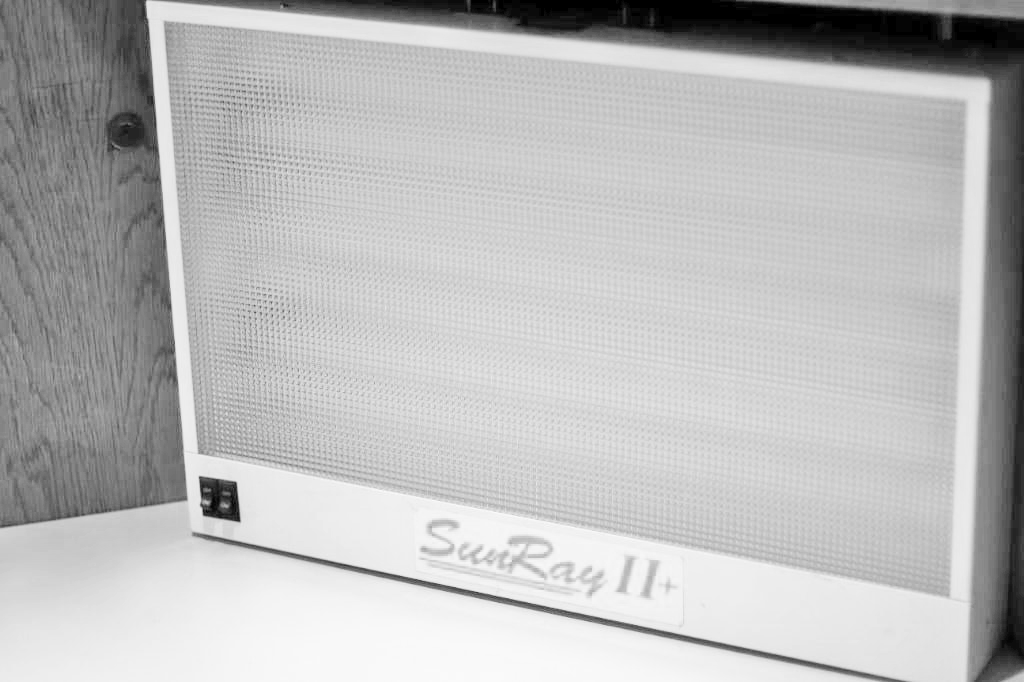After the coldest week of the year so far, I’m sure that we’re all looking forward to the rest of fall and eventually the holiday season. But for many students on campus, including myself, the colder season and overcast skies bring back unwanted feelings of overwhelm and depression. Seasonal Affective Disorder, or SAD is seasonal depression that can come in many forms.
Most often SAD shows up around the autumn or winter months and recedes once spring comes around. Often, students who experience SAD for the first time don’t know what to do or who to turn to for help.
SAD can be difficult to diagnosis in oneself due to the short nature of the symptoms and difficulty separating simple tiredness and negative emotions from ongoing symptoms of depression or just a bad few days.
According to the Mayo Clinic, some of these symptoms include “having low energy, having problems with sleeping, experiencing changes in your appetite or weight, feeling sluggish or agitated, having difficulty concentrating, and feeling hopeless, worthless or guilty.
For me personally, January is the hardest month of the year. There is a significantly fewer number of people on campus, and there is almost no sunlight every day. This made is more difficult to come back ready, motivated, and excited for spring semester. Having never experienced any symptoms of depression before, I wasn’t sure what to do. As our campus is in one of the coldest parts of the country, I feel that SAD should be discussed more with all students.
While there are many resources on campus already to help manage SAD, I feel these resources are not well known enough or destigmatized in a way where all students on campus feel like they can use them. The GustieWELL office and Peer Assistants are one of the great resources. Other offices such as the Counseling Center and Health Services are also a good place to turn if you feel you would like help.
One of the innovative resources are the light therapy desks that can be found in the library. One of the causes of SAD can be a lack of sunlight and Vitamin D. Light therapy using special lamps can help curb the affects of the symptoms from the condition. Making sure that you have quality social time with friends or loved ones can also help you from isolating yourself or feeling that you have no one to turn to.
Both Gustavus as a whole and American society has made plenty of progress on ending the stigma around mental health, but it is in no way totally gone. Suffering in silence is obviously not fun and totally unnecessary. By not speaking up, one more person may feel like they are alone in their feelings or their symptoms, creating a vicious cycle of silence and pain.
Not seeking help (in whatever way you feel most comfortable) can make symptoms get progressively worse over time and cause of lengthening of the spell of depression. Seeking help and overriding our inclination to hide our feelings due to shame or embarrassment will, in the end, be much less painful than never saying anything at all.
It has always seemed odd to me that we feel embarrassed or shameful of that fact that we have feelings of sadness, fear, or depression. In the end, these feelings are part of who we are and shape us as human beings. So, while they may not be pleasant at the time we are feeling them, looking back they will either show us a time of growth in our lives or something insignificant in the span of our entire lives.
If starting with something big can be too much, even just taking the one small step of talking to a friend about how you are feeling can make all the difference in the end. Taking a small break from work to sit under the light therapy desks in the library could be another one of those small steps.
These small steps can build up towards real progress, and before you know it winter will be over, and the sun will be peeking out from behind the clouds and spring will be around the corner. Everything passes, and eventually SAD will too.
